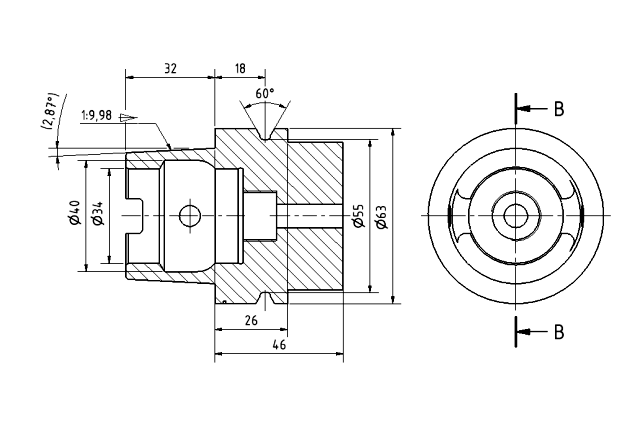A career in technical writing need not start with a degree in English, Journalism or Technical Communication. Many companies seek writers with specific education and experience related to their industry, such as science, engineering or software development. These professionals have likely gained a solid skill set that is transferable to technical communication work.
For example, a recent search for technical writer jobs in Canada on LinkedIn produced more than 30 results. More than two thirds of the postings listed a bachelor’s degree as a requirement. More than half of the postings listed a technical degree such as engineering or computer science as either required or desirable. One posting required both technical expertise in mechanical engineering and CAD design and drafting. In other words, an English degree was not required but technical education and experience was required.
Here are some examples of transferable skills you can leverage to build a career in technical communication:
- Familiarity with industry terminology and jargon
- Specialized expertise with a specific software package or technology
- Understanding of the fundamental concepts in the field and knowledge of how things work
- Familiarity and expertise with industry laws, regulations, and applicable codes and standards
- Ability to interview and converse with other subject matter experts on complex topics
- Understanding of business or technical processes and the ability to teach others about them
If you are considering such a career transition, the STC offers many seminars and courses for upgrading your skills. Have a look at the Education section of the STC website, and keep up to date with the STC Canada West Coast chapter events.

